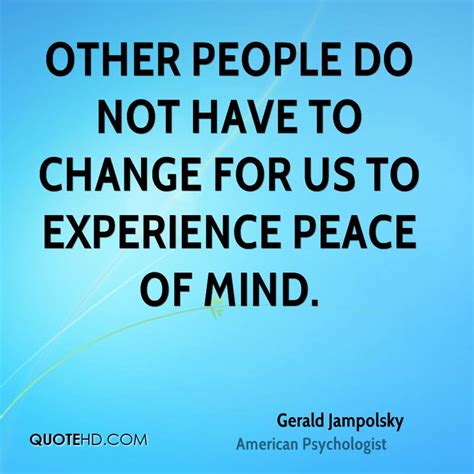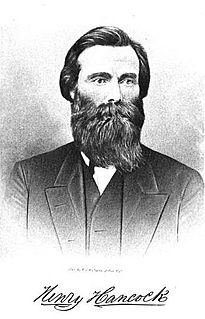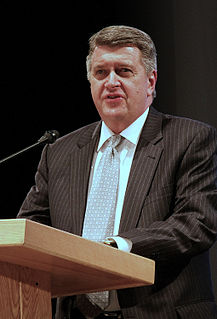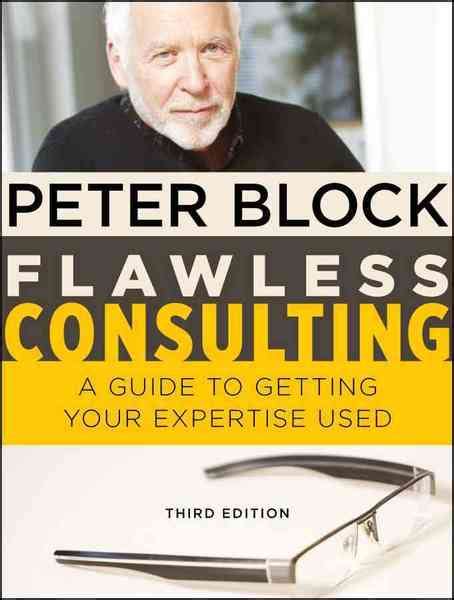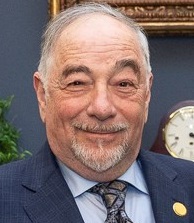A Quote by James Baldwin
We have all had the experience of finding that our reactions and perhaps even our deeds have denied beliefs we thought were ours.
Related Quotes
We begin to change the dynamic of our relationships as we are able to share our reactions to others without holding them responsible for causing our feelings, and without blaming ourselves for the reactions that other people have in response to our choices & actions. We are responsible for our own behavior and we are not responsible for other people's reactions; nor are they responsible for ours.
More and more people are beginning to feel that there must be another way of thinking, perceiving, and acting. And perhaps the beginning of another way of looking at the world is to re-evaluate all of our beliefs. It is, after all, our beliefs that determine what we are, experience, and expect. When we are willing to take a new look at our own beliefs, we then have an opportunity to begin rediscovering who and what we are and to redetermine our true purpose on Earth.
When we follow the reversal of normal experience, we find ourselves in an unusual, nearly mad experience. Being in an almost mad experience is not something we should fear: only in such experience are we jarred out of our common sense opinions and beliefs. It opens our minds to other ideas and thought. It makes us think.
We now have a better biological and psychological understanding of our moral thinking. The idea that we should do what maximizes happiness sounds very reasonable, but it often conflicts with our gut reactions. Philosophers have spent the last century or so finding examples where our intuition runs counter to this idea and have taken these as signals that something is wrong with this philosophy. But when you look at the psychology behind those examples, they become less compelling. An alternative is that our gut reactions are not always reliable.
We must remember that much spiritual growth does not occur suddenly but rather through time and experience. The encouraging message of the gospel is that God does not often require us to perform sensational or extraordinary deeds but rather to try to do better today than we did yesterday. He is mindful of our desires, our determination, and our direction as well as of our deeds.
In the new alchemy, we have a similar kind of way of thinking. Our internal space includes our intuitions, our thoughts, our senses and our feelings, and from these we construct or build a picture of the outside world. From intuition and thought, we construct time. We also construct space from thought and our sensations. From our senses and our feelings, we experience energy, and from our intuitions and our feelings, we experience motion.
What makes people want to live forever? I don't think it's limited to our materialistic society of today. Even back to Christian times, they were writing about eternal life after death. So even in death there was a discussion of eternal life. I think this is a universal human desire. It's a horrible thought that this conscious being of ours - with our beautiful bodies - is one day going to decay and die. I don't think it so much has to do with the fear of meeting God, as it is just the thought that this all ends.
Because our right to worship freely and safely, that right was denied to Christians in Charleston, South Carolina, and that was denied Jews in Kansas City, and that was denied Muslims in Chapel Hill, and Sikhs in Oak Creek. They had rights too. Our right to peaceful assembly, that right was robbed from movie goers in Aurora and Lafayette.


